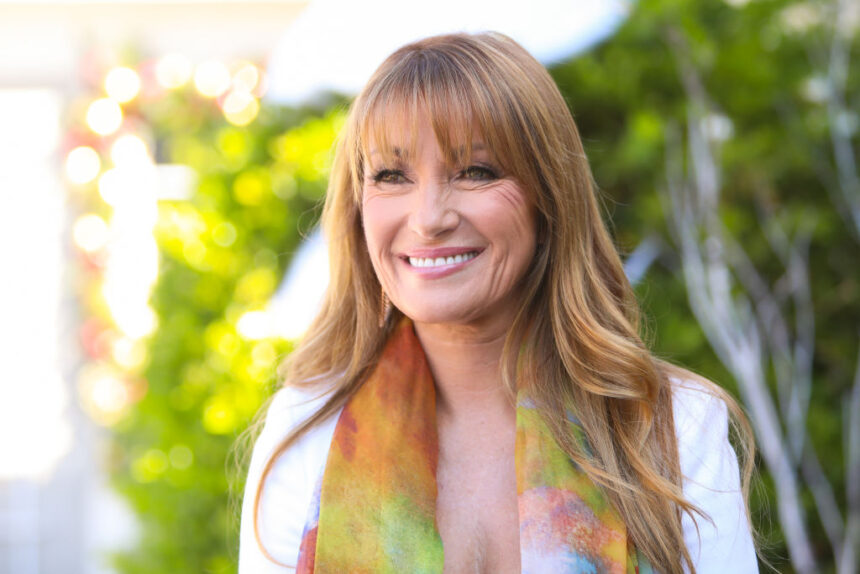Feeling invisible or “unseen” at the doctor’s office is a surprisingly frequent occurrence for many patients — especially women over the age of 50.
The idea that adult patients don’t feel confident enough to ask questions or advocate for themselves in front of healthcare professionals (HCP) is one that has hampered outcomes for years.
That’s why an effort launched by Insmed — dubbed the Speak Up in BE campaign — seeks to change the narrative and encourage women to advocate for themselves when it comes to their health and wellness.
The BE in Speak Up in BE campaign refers to bronchiectasis (BE), a chronic lung disease that involves inflammation and infection in the lung’s bronchi or airways.
The lead voice for this cause is English actress Jane Seymour, who’s perhaps well-known for portraying the Bond girl Solitaire in the 1973 James Bond film Live and Let Die.
The Hollywood star took part in a virtual panel Wednesday afternoon as part of the campaign’s kickoff.
The discussion also featured actress Tina Lifford, who portrayed Aunt Vi on Oprah Winfrey Network’s Queen Sugar and founded The Inner Fitness Project, as well as Allison K., a patient living with BE.
The panel focused on a number of topics, including how gender and age bias in the medical world can have a negative impact on patients as well as how women can better self-advocate for their health.
Following the panel, MM+M caught up with Seymour, who noted that she was familiar with the phenomenon of “unseenism” in her own life.
“I hadn’t really thought about putting a word to something that I absolutely agree with — ‘unseenism,’” she said. “When I talked about it to people even younger than myself, they all concurred that this is a thing — but there wasn’t a name for it.”
Seymour said the campaign’s mission appealed to her because there needs to be a greater openness for conversation with others, especially when it comes to dealing with illness, wellness and visits to the doctor.
Advocating for yourself as a patient means listening to your body and learning how to communicate what you’re feeling to HCPs, Seymour said.
While patients should take charge of their care journey, it’s still a two-way street and HCPs need to participate in tackling “unseenism” as well.
Addressing this issue is critical for women over 50 as they begin experiencing body changes, while simultaneously facing age biases at the doctor’s office. It’s also no secret that women’s health concerns like pain are more likely to be dismissed than men’s at the doctor’s office.
Seymour, 73, is no stranger to both the gender and age biases, noting that “a doctor is not in my body and doesn’t know when I [experience] certain things.”
“I don’t like to be told, ‘Oh, you’re postmenopausal’ or ‘You’re getting older so you don’t remember these things,’ or ‘Oh, that’s normal,’ when maybe it isn’t normal,” Seymour explained. “[I’d prefer], ‘Maybe we can still look at it and see if there’s something that can be done with it.’ Or at least educate me as to why this might be happening so I can find a different way of using my body or dealing with that ailment.”
Seymour encouraged patients to record doctor’s conversations on their smartphones, take notes, or even have another person in the room with them to ask difficult questions.
However, she also called on the medical world to do better in addressing the “unseenism” experienced by older female patients.
“I hope to see both sides [take action],” Seymour said. “It’s important that we be heard, be helped and hopefully healed.”
For a March 2024 article on BMS deploying Ted Danson to head a plaque psoriasis campaign, click here.







